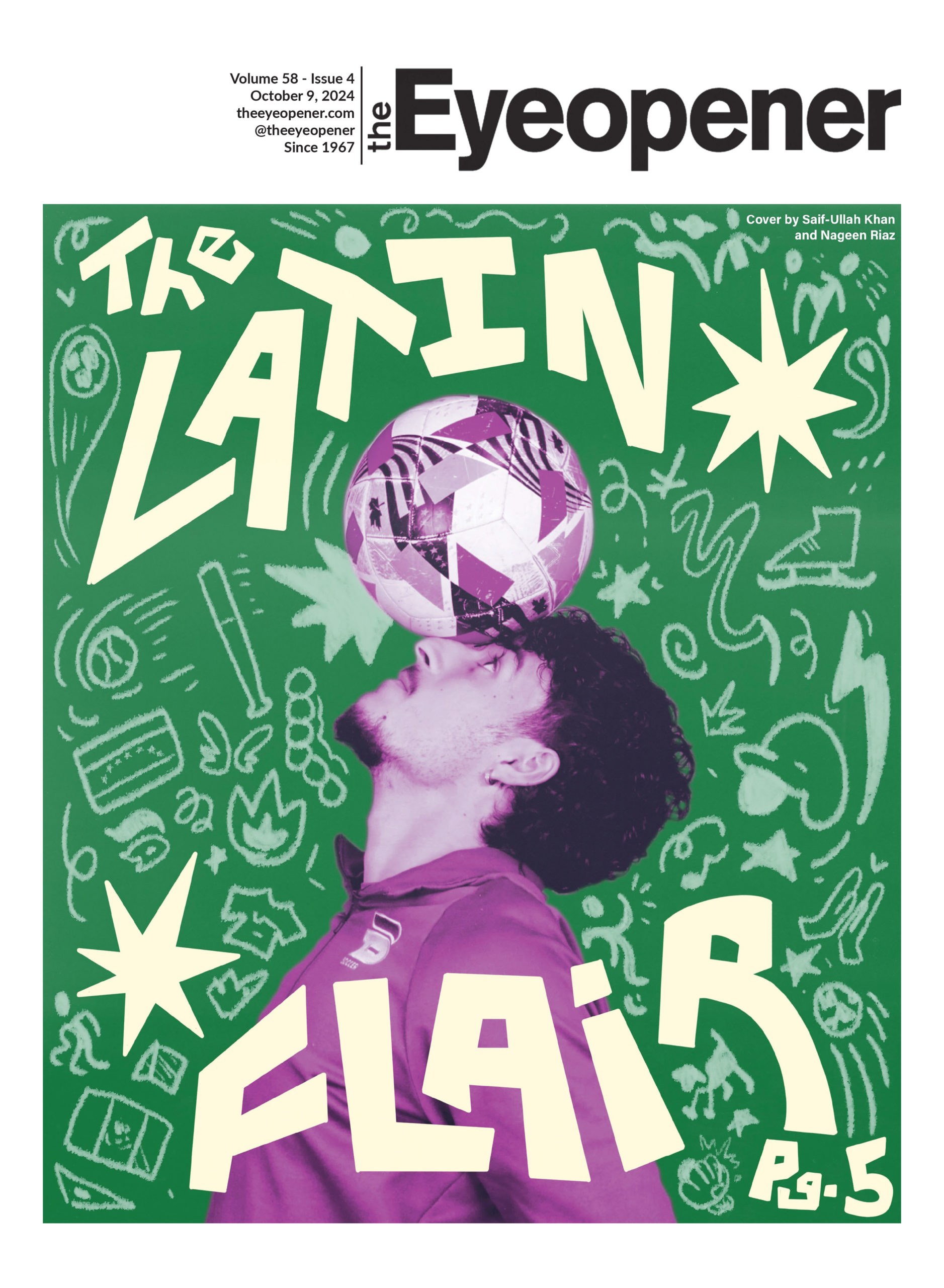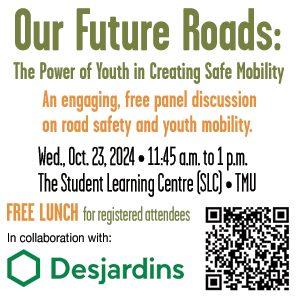By Adrian Morrow
Associate News Editor
It’s been more than three years since police gunned down her mentally ill son, but Jacqueline Christopher still shakes when she talks about his death.
Christopher graduated from Ryerson’s nursing program in 2002, the same year her son O’Brien Christopher-Reid quit his chemical engineering degree at the same school and began a two-year odyssey that ended with his killing in a Toronto park. The three policemen involved were cleared of wrongdoing by a 2004 investigation, but Christopher still blames them.
“Had the cops done what they were supposed to do, if they had stopped to talk to him, this never would have happened,” she says. “He was not a violent person.”
The coroner’s inquest into the shooting of Christopher-Reid began Monday. The young man was shirtless and carrying an extension cord when police chased him through Wilmot Creek Park, near Eglinton Ave., on June 14, 2004. When he turned and pulled a knife, all three officers fired.
The shooting raised larger questions in the community. Police Chief Julian Fantino cited it as a reason to equip Toronto police with tasers, and some members of the Black community, including Christopher, have argued that the killing was racially motivated.
“They have shot several Black men in similar circumstances before,” says Dudley Laws, of the Black Action Defence Committee. “His death was unnecessary. [The police] have batons that extend three feet. Surely you can knock a knife out of somebody’s hand when you have a three-foot baton.”
Born in Jamaica, Christopher-Reid moved to Canada with his parents as a teenager. He spent two years at Ryerson before dropping out to take a job in a call centre. He later moved to Vancouver. His mother, noticing a change in his personality, got him to return home. She had him checked in to Scarborough Grace hospital.
“He was suffering from the first episode of psychosis,” says David Ng, the psychiatrist in charge of Christopher-Reid’s case. The young man thought he was being poisoned and the dentist had planted a tracking device in his teeth. During his stay at the hospital, he allegedly assaulted a nurse.
Against Ng’s advice, Christopher-Reid checked himself out of the hospital six days later, only to return of his own volition on Jan. 2, 2004.
Although he wanted help, he denied that there was anything wrong.
“He presented very well,” Ng told the inquiry. “If he was standing here today I don’t have any doubt no one would think there was anything wrong with him. He was very smart, very articulate.”
Christopher-Reid left the hospital a week later. He asked Ng for his phone number, but never called. Five months later, he was dead.
Gary Clewly, the lawyer representing police at the inquiry, says the officers couldn’t have known about Christopher-Reid’s illness when they found him in the park.
“What they care about is that he was a danger to himself and the public,” he says. “There’s no way anyone had the time to interview him, to say ‘hey, how’s it going? Have you been to a mental clinic recently?’”
Christopher says that if only the police had taken this time to talk her son down, they would have realized, as she did, that he needed help.
“I knew he was delusional,” she says. “He said he was talking to Oprah, talking to J. Lo. He talked about all kinds of things that never happened.”









Leave a Reply